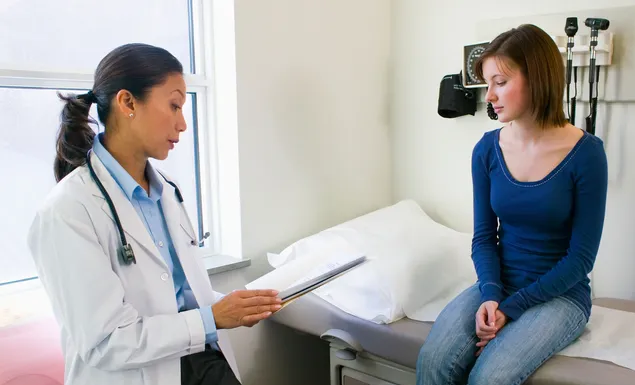The topic of sexual health is a crucial and sensitive subject that demands awareness and understanding. When it comes to taking antibiotics and engaging in sexual activities, there is a significant concern regarding potential risks.
Global estimates suggest that a significant number of sexually active individuals engage in unprotected sex at some point in their lives, leading to potential risks of unintended pregnancies and STIs. These numbers can differ widely between different regions and populations.
In this article, we will explore the implications of having unprotected sex while on antibiotics and provide valuable insights for individuals to make informed decisions about their sexual health.
Understanding Antibiotics and Their Function
Antibiotics are a class of medications used to treat bacterial infections. They work by either killing the bacteria or inhibiting their growth. When prescribed by a healthcare professional, antibiotics can be highly effective in combating bacterial infections like urinary tract infections, strep throat, or skin infections.
The Effectiveness of Antibiotics
It’s essential to understand that antibiotics are specifically designed to target bacteria and not viruses or sexually transmitted infections (STIs) caused by viruses, such as HIV, herpes, or hepatitis. Therefore, taking antibiotics will not provide protection against STIs, nor will it be effective in treating them.
Unprotected Sex and STI Transmission
Engaging in unprotected sex, which refers to sexual activity without the use of a condom or other barrier methods, can significantly increase the risk of contracting and spreading STIs. Condoms act as a barrier that reduces the chance of transmitting STIs by preventing direct contact with bodily fluids. While antibiotics may effectively treat bacterial infections, they do not offer any protection against STIs, making condoms and other barrier methods necessary to prevent their spread.
Antibiotics and Birth Control
Another important consideration when taking antibiotics is their potential impact on hormonal birth control methods, such as oral contraceptives. Some antibiotics can interfere with the effectiveness of hormonal birth control, reducing its reliability in preventing unwanted pregnancies. Therefore, individuals on hormonal birth control should use additional contraceptive methods like condoms while taking antibiotics to ensure continued protection against pregnancy.
Antibiotic Resistance and Public Health
Misusing antibiotics, such as taking them unnecessarily or not completing the full course as prescribed, can lead to antibiotic resistance. When bacteria become resistant to antibiotics, it becomes more challenging to treat bacterial infections effectively. Therefore, it is crucial to take antibiotics only when prescribed by a healthcare professional and to complete the full course as directed.
Conclusion
In conclusion, it is not safe to have unprotected sex while taking antibiotics. Antibiotics are designed to combat bacterial infections and do not offer protection against STIs. Engaging in unprotected sex can lead to the transmission of STIs and the potential for unintended pregnancies, especially if the person is also on hormonal birth control.
To ensure both partners’ sexual health and prevent the spread of infections, it is crucial to use condoms or other barrier methods consistently during sexual activity. Additionally, antibiotics should be taken as prescribed by a healthcare professional to avoid antibiotic resistance and promote responsible use of these essential medications.
Ultimately, open communication, regular testing for STIs, and responsible sexual practices are vital for maintaining sexual health and overall well-being. It is recommended that individuals consult their healthcare providers for personalized advice on antibiotic use, STI prevention, and the most suitable contraceptive methods.






